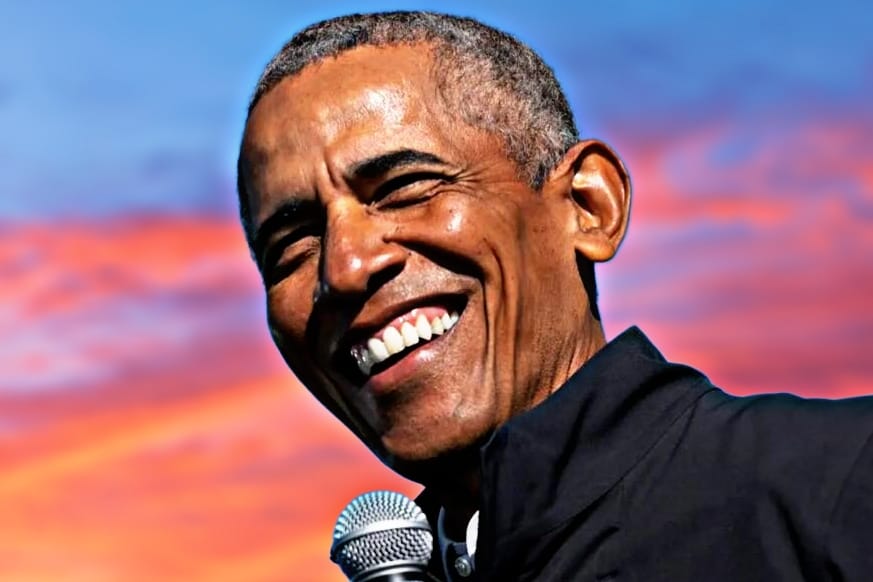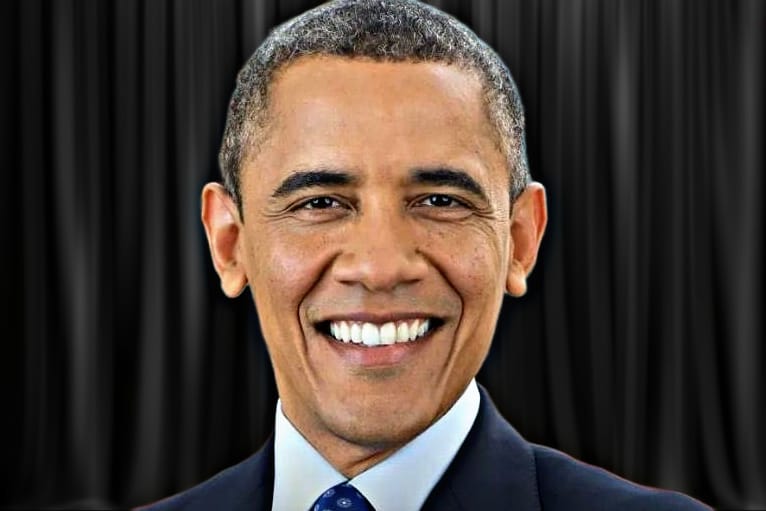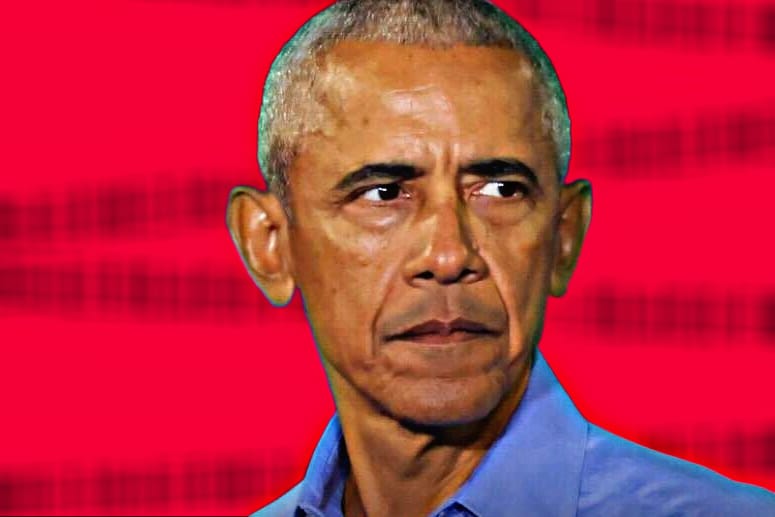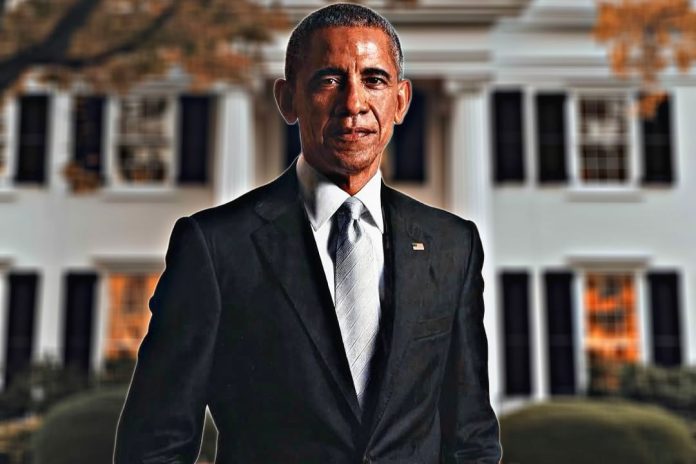Barack Obama, the 44th President of the United States, remains one of the most influential and significant political figures of the 21st century. From his historic election in 2008 to his tenure in the White House, Barack Obama leadership shaped domestic and foreign policies, sparked debates on race and identity, and left a profound mark on American culture and the global stage. This article provides an in-depth analysis of Barack Obama’s presidency, his legacy, accomplishments, challenges, and lasting impact.
Early Life and Political Rise of Barack Obama

Barack Hussein Obama II was born on August 4, 1961, in Honolulu, Hawaii, to a Kenyan father, Barack Obama Sr., and an American mother, Stanley Ann Dunham. Raised in Hawaii and later in Indonesia, Obama’s diverse background shaped his worldview and helped him connect with a wide range of Americans throughout his political career.
Barack Obama academic journey began at Occidental College in California, followed by transfer to Columbia University in New York, where he earned a degree in Political Science. Afterward, he attended Harvard Law School, where he became the first African American president of the prestigious Harvard Law Review. This achievement marked the beginning of Obama’s rise to national prominence.
In 1992, Barack Obama moved to Chicago, where he worked as a community organizer before entering the political arena. He first entered the Illinois State Senate in 1996, where he gained recognition for his bipartisan efforts and his work on issues such as health care and ethics reform. His eloquent speeches and thoughtful approach to governance helped build a reputation that would eventually propel him onto the national stage.
The 2008 Presidential Campaign: A Historic Moment
Barack Obama’s presidential campaign in 2008 was nothing short of groundbreaking. Running as the Democratic nominee against Republican Senator John McCain, Barack Obama message of “Hope and Change” resonated with millions of Americans. His campaign emphasized unity, economic reform, and a departure from the divisive politics of the previous administration under President George W. Bush.
One of the key factors that set Barack Obama apart from other candidates was his ability to inspire voters with his vision for a better future. His speeches often reflected themes of inclusivity, progress, and the need for a government that worked for all Americans, not just the wealthy or the elite. Obama’s ability to connect with people on a personal level was pivotal to his success.
In a country that had never elected an African American president, Barack Obama victory represented a historic shift in American politics. On November 4, 2008, he was elected the first Black president in U.S. history, securing 365 electoral votes and more than 52% of the popular vote. Obama’s win was seen as a watershed moment in the nation’s ongoing journey toward racial equality and social justice.
Key Achievements During Barack Obama Presidency

During his eight years in office, Barack Obama achieved numerous policy successes, tackled major challenges, and navigated a complex global landscape. Below are some of his most significant accomplishments.
1. The Affordable Care Act (ACA)
Perhaps the hallmark of Barack Obama domestic legacy is the Affordable Care Act (ACA), also known as “Obamacare.” Signed into law on March 23, 2010, the ACA aimed to reduce the number of uninsured Americans, lower healthcare costs, and improve the quality of healthcare delivery. The law expanded Medicaid, created health insurance exchanges, and prohibited insurance companies from denying coverage based on pre-existing conditions.
The ACA faced strong opposition from Republicans, and its passage required significant political maneuvering and compromises. Despite legal challenges and political controversies, the ACA remains one of Barack Obama most significant legislative achievements. The law provided health coverage to over 20 million Americans and fundamentally altered the landscape of American healthcare.
2. The Economic Recovery and the American Recovery and Reinvestment Act (ARRA)
When Barack Obama took office in January 2009, the U.S. was mired in the worst financial crisis since the Great Depression. The economy had lost millions of jobs, banks were failing, and the housing market had collapsed. Barack Obama response was the American Recovery and Reinvestment Act (ARRA), a $787 billion stimulus package designed to save jobs, spur economic growth, and stabilize the financial system.
The ARRA focused on tax cuts, unemployment benefits, and investments in infrastructure, clean energy, and education. While the recovery was slow and uneven, the ARRA helped stabilize the economy and set the stage for the longest period of economic expansion in U.S. history, which began in 2009 and continued through the end of Obama’s presidency.
3. Dodd-Frank Financial Reform Act
In response to the 2008 financial crisis, Barack Obama signed the Dodd-Frank Wall Street Reform and Consumer Protection Act into law in 2010. The law aimed to prevent future financial crises by increasing transparency, regulating the financial sector, and protecting consumers from risky lending practices.
The Dodd-Frank Act created the Consumer Financial Protection Bureau (CFPB), which oversees financial products and services to ensure they are fair and transparent. The law also implemented stricter oversight of banks and financial institutions, established the Volcker Rule (which limits risky proprietary trading by banks), and enhanced regulation of derivatives markets.
4. Climate Change and the Paris Agreement
Barack Obama presidency marked a significant shift in U.S. environmental policy. He prioritized addressing climate change, a global issue that had been largely ignored by the previous administration. In 2015, Obama played a pivotal role in securing the historic Paris Agreement, a global accord aimed at reducing greenhouse gas emissions and limiting global warming to below 2°C.
In addition to supporting international climate agreements, Barack Obama also implemented domestic policies aimed at reducing emissions. The Clean Power Plan, introduced in 2015, sought to reduce carbon emissions from power plants, which are among the largest sources of greenhouse gases in the U.S.
5. Ending the War in Iraq and the Operation to Kill Osama bin Laden
Barack Obama foreign policy achievements were marked by efforts to end U.S. military involvement in the Middle East and to combat terrorism. One of his most significant early actions was to fulfill a campaign promise by ordering the withdrawal of U.S. combat forces from Iraq. By the end of 2011, the U.S. had officially withdrawn from Iraq, though the country remained unstable.
In addition to the Iraq war, Obama focused on dismantling al-Qaeda, the terrorist organization responsible for the 9/11 attacks. In 2011, a Navy SEAL team successfully located and killed Osama bin Laden in Pakistan, a significant achievement that dealt a major blow to the terror network and solidified Obama’s reputation as a decisive leader in the fight against terrorism.
6. The Rebalance to Asia and the Iran Nuclear Deal
Barack Obama foreign policy also included a “rebalance” toward Asia, recognizing the growing economic and geopolitical importance of the Asia-Pacific region. This included strengthening ties with China, Japan, and India, as well as supporting trade agreements like the Trans-Pacific Partnership (TPP), although the U.S. eventually withdrew from the TPP under President Trump.
Another significant achievement was the Joint Comprehensive Plan of Action (JCPOA) with Iran, a deal that aimed to limit Iran’s nuclear capabilities in exchange for the lifting of sanctions. The agreement was hailed as a diplomatic victory, though it faced criticism from many conservatives and was ultimately abandoned by the Trump administration in 2018.
Challenges and Criticisms

While Barack Obama presidency was marked by several successes, it also faced significant challenges and criticisms. The most notable criticisms included:
1. Partisan Gridlock
One of the biggest obstacles to Barack Obama agenda was the intense partisan polarization that characterized American politics during his time in office. From his first days in office, Obama faced opposition from Republican lawmakers, who obstructed much of his legislative agenda. The rise of the Tea Party movement in 2009 and the Republican takeover of the House of Representatives in 2010 further exacerbated partisan tensions.
Despite these challenges, Barack Obama was able to pass significant pieces of legislation, but his presidency was often marked by gridlock, particularly after Republicans took control of Congress.
2. The 2016 Election and the Rise of Donald Trump
The 2016 election marked a dramatic shift in American politics. Despite Barack Obama popularity in his second term, his successor, Donald Trump, won the presidency in an unexpected victory. Many critics argue that Obama’s inability to effectively address issues such as economic inequality, the opioid crisis, and the perception of a growing political elite contributed to Trump’s appeal.
Barack Obama legacy became the focal point of the 2016 election, with Trump and his supporters positioning themselves as a repudiation of Obama’s policies and leadership style. The election of 2016 highlighted the deep divides in American society and politics, some of which Obama was unable to bridge during his presidency.
3. The Syrian Civil War and the Red Line
One of the most controversial moments of Barack Obama presidency came in 2013 when the Syrian government, led by Bashar al-Assad, used chemical weapons against civilians. Obama had previously drawn a “red line” warning Assad that the use of chemical weapons would result in military intervention. However, when chemical attacks occurred, Obama refrained from military action, leading to accusations of weakness and inconsistency in foreign policy.
Barack Obama’s Legacy and Impact
As Barack Obama left office in January 2017, his legacy was a subject of much debate. On one hand, his policies on healthcare, climate change, and foreign relations left a lasting impact on the U.S. and the world. On the other hand, his presidency did not achieve some of the long-term changes that many had hoped for, particularly in areas such as economic inequality and racial justice.
Nevertheless, Barack Obama legacy is undeniable. His presidency represented a historic moment in American history, and his leadership continues to shape political discourse today. Whether viewed as a transformative figure or a product of his time, Obama’s impact on the United States and the world is profound and far-reaching.
Conclusion
Barack Barack Obama presidency was a time of profound change and complexity. From his landmark healthcare reform to his diplomatic achievements, Obama reshaped the American political landscape and helped redefine the role of the U.S. on the global stage. While his presidency faced significant challenges, Barack Obama legacy remains one of hope, progress, and the pursuit of a more perfect union. His story will continue to inspire future generations, reminding them that change is possible, even in the face of adversity.

